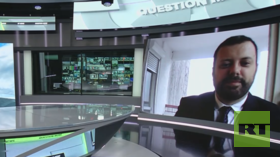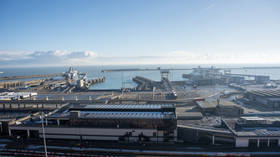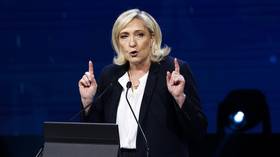25 years on: Failed coup that ended the Soviet Union (PART 1)
The junta that tried to seize power in the Soviet Union on August 18-21, 1991, is one of the most inept in the history of palace coups. Not only did it fail to take power, but it also brought about the opposite of its aims – the collapse of the USSR.
The coup was triggered by the New Union Treaty, Soviet leader Mikhail Gorbachev’s stillborn, last-ditch attempt to save the USSR. The union was in the midst of an uncontrollable collapse of its command economy and being torn apart by its increasingly-nationalist minorities.
With six Soviet republics, led by the Baltic States, already virtually seceding over the previous year, and upstart Boris Yeltsin threatening to marginalize Gorbachev in Moscow, the perestroika ideologist attempted to consolidate the remaining nine members into a new, looser confederacy of autonomous states.
“I thought that the worst instability was behind us at the time,” Gorbachev said on the eve of the anniversary of the attempted coup, insisting that he still has no regrets over the plan. “There would have been difficult times ahead, but nothing like the momentous suffering caused by the economic reforms undertaken after the breakup of the country.”
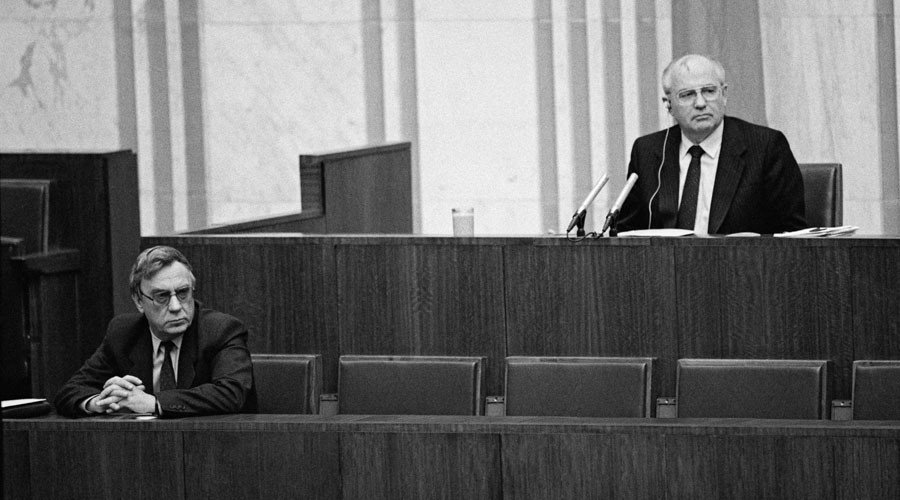
Yet while Gorbachev drew up new borders, destined to remain only as historical curios, his hard-line opponents saw a different picture – that he was simply paving the way for the dissolution of the country, not striking the workable compromise that he intended.
“The treaty was an act of treason,” Vasily Starodubtsev, one of the plotters, said simply when interviewed years later.
After the final discussions on the New Union Treaty wrapped up in late July, Gorbachev departed for his residential villa in Foros, Crimea, thousands of miles away from Moscow.
The signing of the treaty was scheduled for August 20.
The people he left in charge were not his friends – ironically, Gorbachev’s attempts to pander to the hardliners months earlier by bringing them in gave him a disloyal cabinet that merely wanted to remove him.
Already a ragtag group of reactionary temps, this government presided over the least popular period of perestroika, a no-man’s-land between central planning and market economics that saw shelves empty and the country on the verge of bankruptcy.
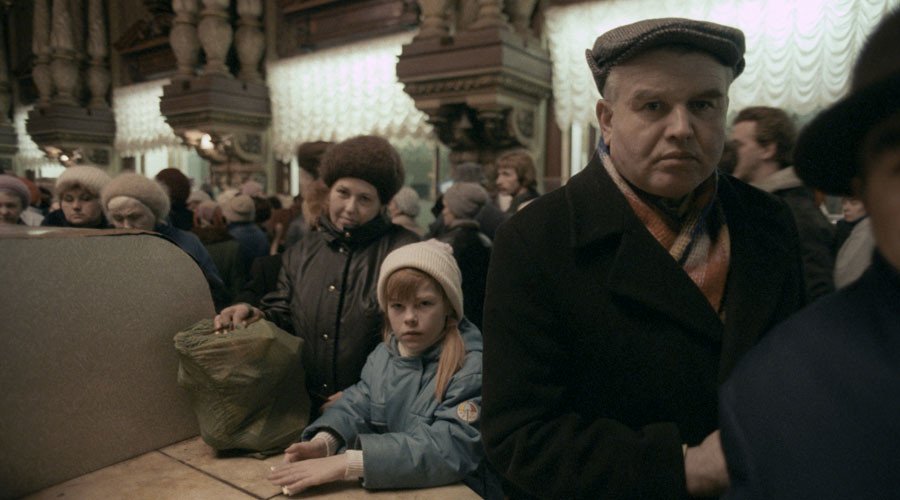
Most were Party men, bound to lose their seats in the next stage of Gorbachev's and Yeltsin’s democratic reforms – and they knew it.
“All this Soviet apparatus, all those ministries, and that cabinet, none of it would be needed following the New Union Treaty. The plotters were driven by fear,” Yeltsin said in an interview given days after the coup attempt.
The pretenders were not totally unprepared. The KGB drew up plans for a state of emergency, officers in charge of elite divisions were recruited, and the phones of all the senior officials, including the conspirators themselves, were tapped.
On August 18, all the phones at Gorbachev’s residence, including the one used to control the USSR’s nuclear arsenal, were suddenly cut off, while unbeknownst to Gorbachev, a KGB regiment was surrounding the house. Half-an-hour later, a delegation of top officials arrived at the residence and walked past Gorbachev’s family to his office – their briefcase containing a selection of documents for the leader to sign. In one scenario, he would simply declare a state of emergency and proclaim control over all the rebel republics; in another, he would hand over power to his deputy, Gennady Yanaev, citing worsening health.
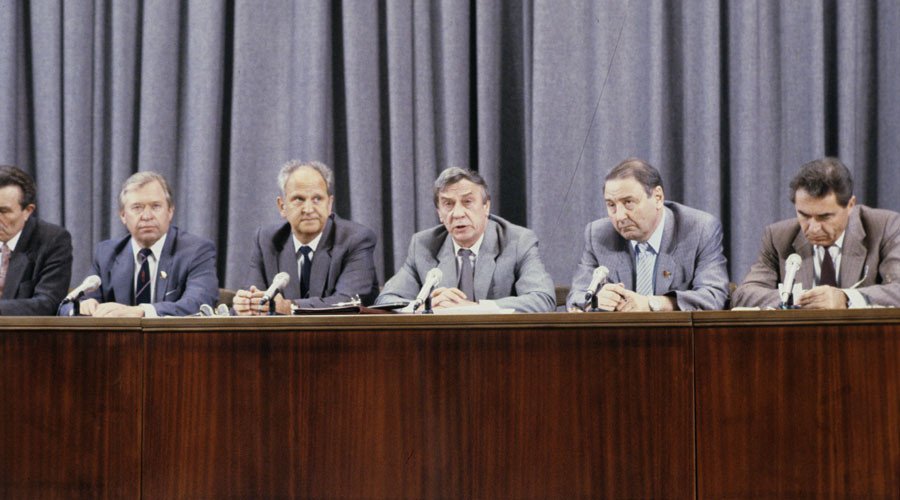
Genuinely angry at their disloyalty, the Soviet leader branded them “chancers” and refused to sign anything, saying he would not have blood on his hands. He then showed them out of the house with a lengthy tirade – clearly recollected by all present in their memoirs – in which he crowned the plotters a “bunch of c*cks.”
The conspirators were not prepared for this turn of events. Gathering once again back in Moscow, they sat around looking at their unsigned emergency decree, arguing and not daring to put their names on the typewritten document. After hours of discussions the group managed to persuade Yanaev to place himself at the top of the list of signatories. The 'Gang of Eight' would be known as the State Committee on the State of Emergency (GKChP).
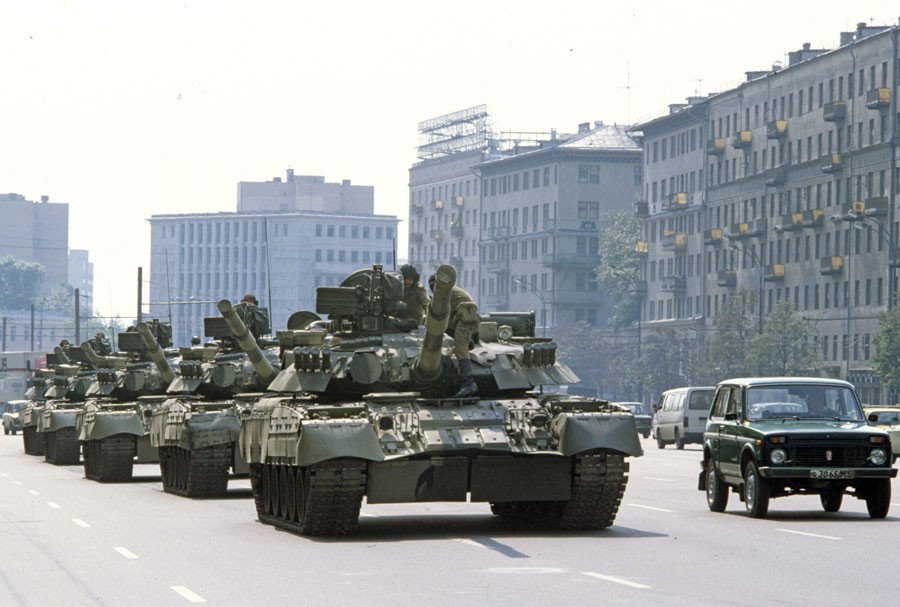
Orders were issued, and on the morning of August 19, tanks rolled into Moscow. While news suggested that nothing had gone wrong – and at this point it hadn’t – the junta made it seem as if everything had. Not only were there soldiers on the street, but all the TV channels were switched off, with Tchaikovsky’s 'Swan Lake' ironically played on repeat. By 4 o’clock in the afternoon, most of the relatively-independent media were outlawed by decree.
Yeltsin, who headed Russia, one of the constituent republics of the Soviet Union, had arrived in Moscow from talks with his Kazakhstan counterpart. But when his daughter woke him up with news of the unusual cross-channel broadcasting schedule, he acted fast and took his car straight to the center of Moscow. The Special Forces soldiers placed around his dacha (country house) by the conspirators were ordered not to shoot or detain him.
Yeltsin’s supporters first gathered just a few hundred yards from the Kremlin walls, and then on instruction marched through the empty city to the White House building, the home of the rebellious Russian parliament. There, in his defining moment, and as the crowd – at this early hour actually thinner than the mythology suggests – chanted his name, Yeltsin climbed atop a tank, reclaimed from the government forces, and without the help of a microphone loudly denounced the events of the past hours as a “reactionary coup.”
In the next few hours, people from across Moscow arrived as the crowd swelled to 70,000. A human chain formed around the building, and volunteers began to build barricades from trolleybuses and benches from nearby parks.
Though it seemed merely symbolic, uniformed men soon began to showily demonstrate their neutrality, freely mingling with the protesters. A commander of a key paratrooper division, Pavel Grachev, defected to Yeltsin the following day and was later rewarded with the defense minister’s portfolio.
“The first two days were scary. We quickly deployed ourselves to key points around the city, to support Yeltsin, but we did not know if the junta troops would fire on us. There was a sense of violence in the air,” Grachev recounted. Moscow Mayor Yury Luzhkov also supported Yeltsin.
25 years on: The failed coup that ended the Soviet Union (PART 2)



